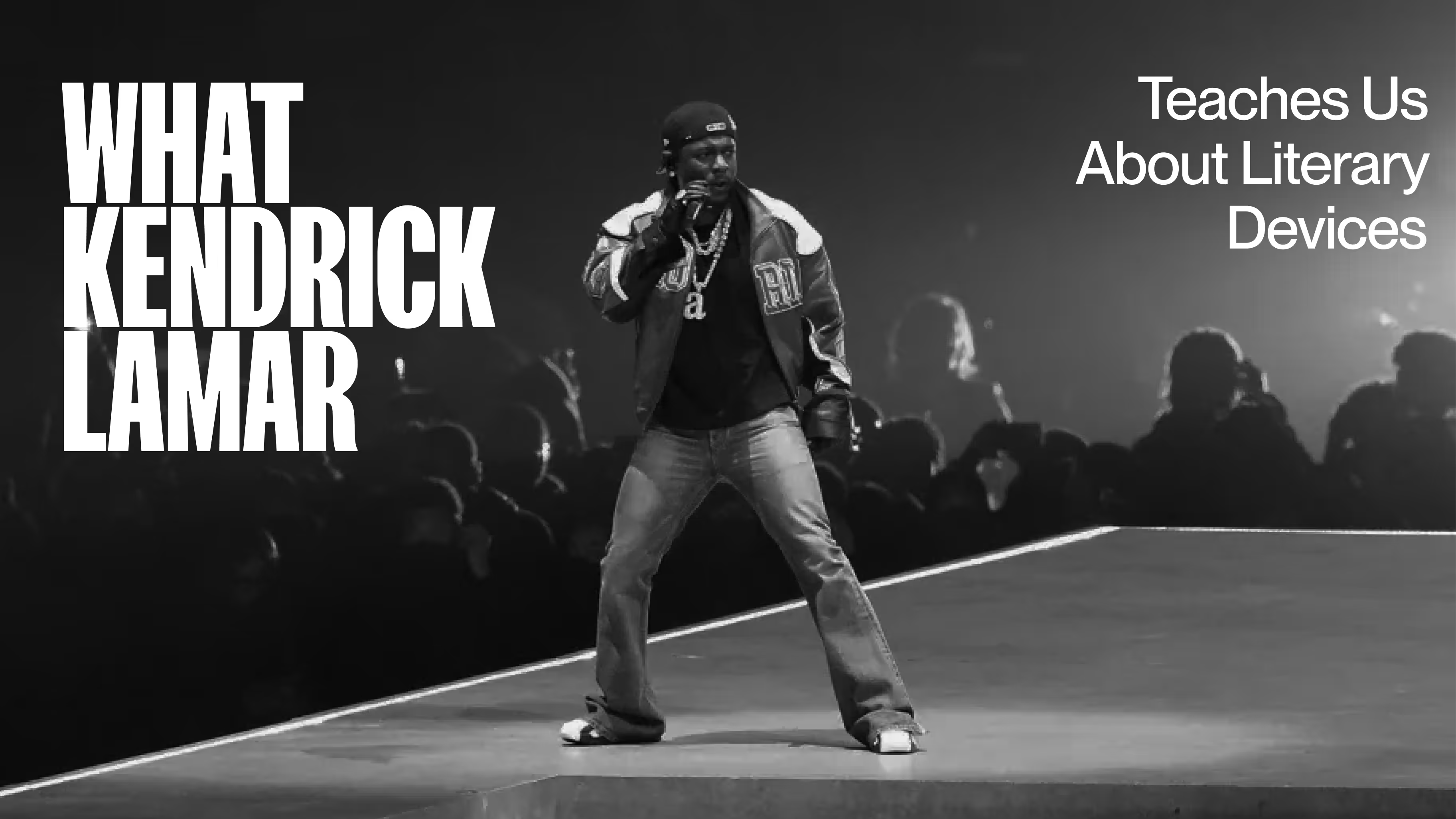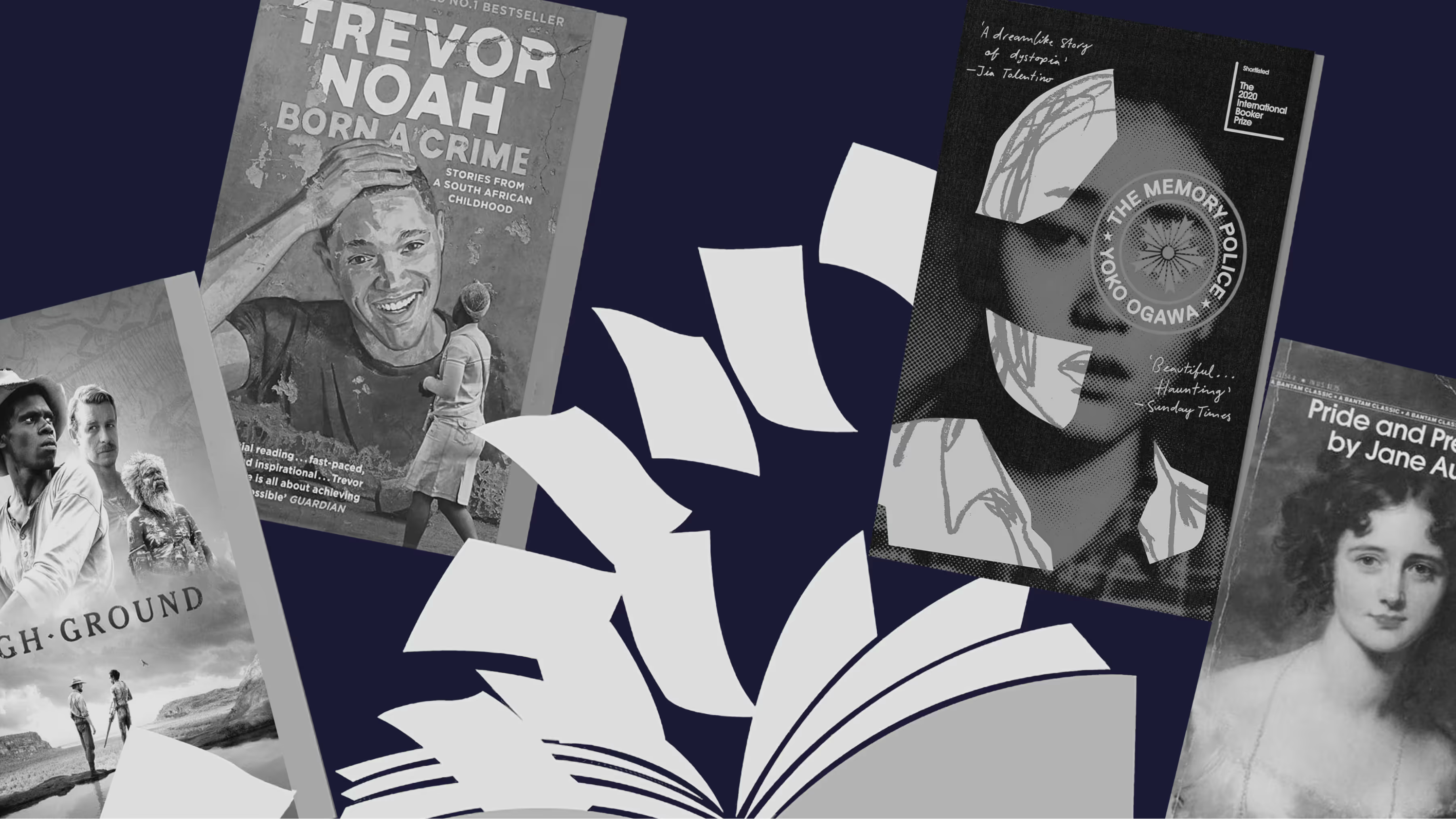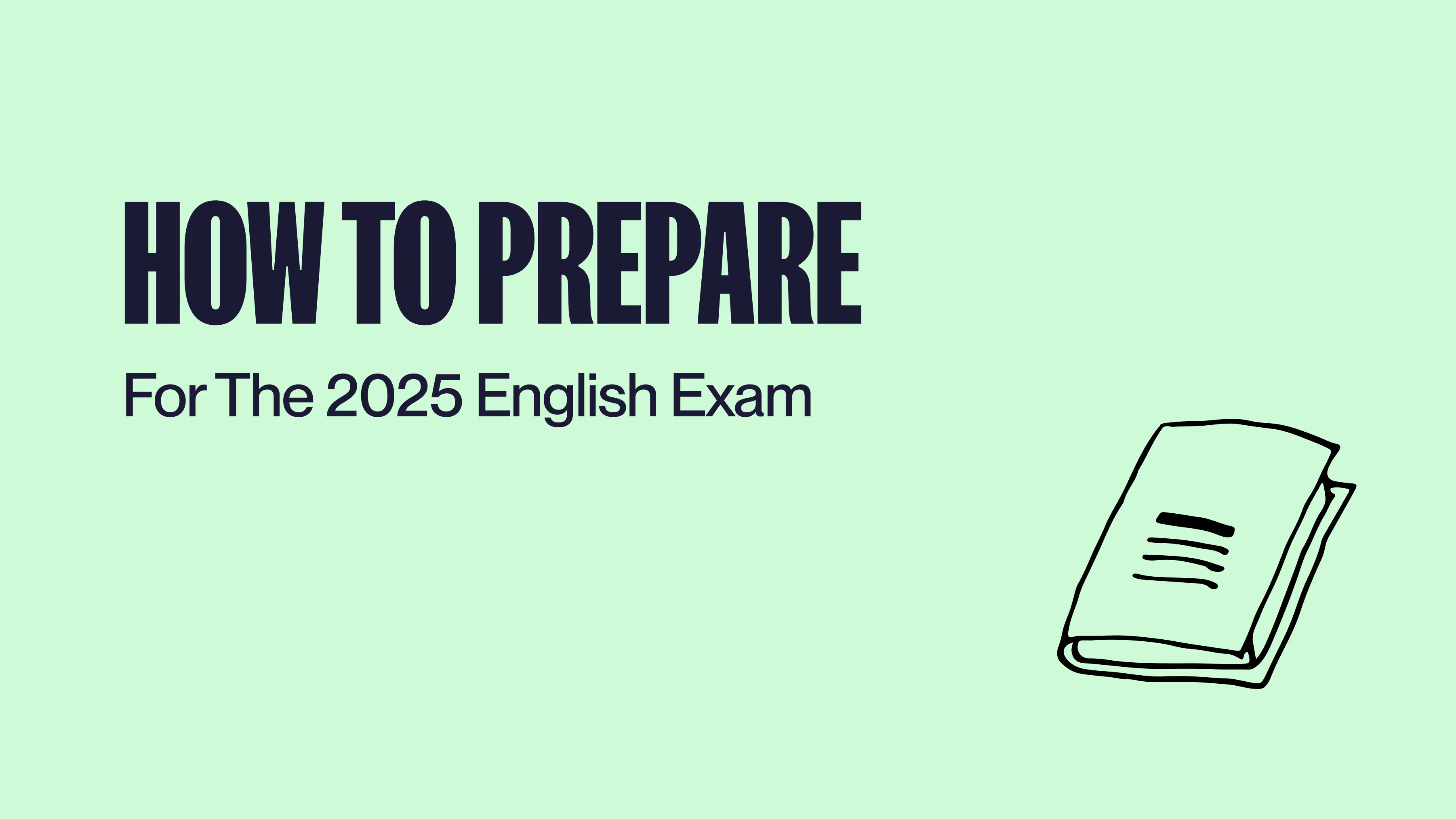
What Kendrick Lamar Teaches Us About Literary Devices
Drake versus Kendrick? When it comes to literary devices, there's no contest – Kendrick reigns supreme. While his Super Bowl performance showcased his musical prowess, it also delivered a masterclass in linguistic artistry. His critique of American politics and society comes wrapped in literary techniques that would make Shakespeare nod in approval.
Rap at its finest transcends mere music to become poetry in motion – expression distilled to its most potent form. Here's what aspiring VCE English high-achievers can learn from Kendrick's lyrical arsenal.
Allusion: Say more by saying less
Allusion is a literary device that is used to make a concise, and impactful, reference to literature, mythology, or historical event, enriching the meaning of the line, providing context, and connecting with the audience’s shared knowledge.
"The revolution will be televised; you picked the right time but the wrong guy"
This line doesn't just sound good – it carries historical weight. By flipping Gil Scott-Heron's 1971 poem "The Revolution Will Not Be Televised," Kendrick creates a dialogue between past and present. The original poem criticised passive consumption; Kendrick's inversion acknowledges our hyper-connected era where everything unfolds in real-time.
This single line accomplishes what might take a paragraph in an essay. It simultaneously:
- Creates historical resonance
- Comments on modern media consumption
- Delivers political commentary
- Works effectively even for listeners unfamiliar with the reference
“40 acres and a mule”
When Kendrick drops "40 acres and a mule," he's not just being cryptic. He's referencing a broken post-Civil War promise made to formerly enslaved Black Americans – a historical footnote often absent from textbooks. The allusion becomes both content and commentary.
The A+ approach: When analyzing allusions in texts, don't just identify them – ask why the author chose that specific reference and what layered meanings it creates. Strong essay responses explore how allusions create depth with brevity.
Anaphora: Repetition that sticks
Anaphora is a literary device in which there is a repetition of a word or a phrase at the beginning of sucessive clauses.
“I’ll prolly die anonymous
I’ll prolly die with promises
I’ll prolly die walkin’ back home from the candy house
I’ll prolly die because these colors are standin’ out
I’ll prolly die because I ain’t know Demarcus was snitchin’”
In his Pulitzer Prize-winning album "DAMN," Kendrick deploys anaphora – repetition at the beginning of successive lines – to devastating effect. The repeated "I'll prolly die" creates a drumbeat of mortality, each iteration adding new weight.
Similarly in "FEEL," the relentless "I feel like" creates an emotional avalanche:
“I feel like a chip on my shoulders
I feel like I’m losin’ my focus
I feel like I’m losin’ my patience
I feel like my thoughts in the basement”
The A+ approach: When you spot anaphora in texts, analyze how the repetition creates momentum and emotional intensity. Consider how the technique forces readers to confront ideas they might otherwise skim past. Strong analyses recognize anaphora as both a structural and emotional device.
Alliteration: Sound as substance
Alliteration is the occurrence of the same letter or sound at the beginning of adjacent or closely connected words.
"I got power, poison, pain and joy inside my DNA"
This isn't just word choice – it's sound architecture. The plosive 'p' sounds in "power, poison, pain" create percussive emphasis that mirrors the weight of these concepts. The hard consonants demand attention, creating a sonic representation of the ideas' importance.
The A+ approach: Don't just identify alliteration – explore how specific sounds create specific effects. Are harsh consonants creating tension? Are soft sibilants suggesting secrecy? Top-scoring responses connect sound patterns to thematic purpose.
What does this have to do with VCE English?
Literary devices aren't dusty techniques confined to Victorian novels. They're living tools that shape how we understand communication across all media. Recognizing these patterns in music you already enjoy creates a bridge to analyzing them in your VCE texts.
The next time you're struggling with identifying literary techniques in Hamlet or The Great Gatsby, remember that the same devices power the songs in your playlist. The language of literary analysis isn't just for classrooms – it's the key to understanding how words shape our world.
Do it like the top 1% do: recognise that mastery of literary devices isn't about memorising definitions – it's about understanding their power in action.



